Today’s Liturgy is all about vision and sight and light and darkness. All of these, dear friends, are things that many of us certainly take for granted. Think about it: we don’t appreciate the gift of light until that dark and stormy night when the electricity goes out and we’re fumbling around in the darkness trying to remember where it is we put that new package of batteries for the flashlight. We likewise take for granted our own ability to see. I think of my Aunt Mia, who several years before she passed away lost her sight and had to learn how to see things and how to function in a whole new way.
When I hear today’s first reading, it always makes me think of my dad. He was the kind of Irishman who never knew a stranger. We couldn’t go anywhere without running into at least one person he knew. But he didn’t just know them, he knew their story. And so if someone were to complain about someone he knew, he would always be able to tell them something good about that person, because Dad saw the best in them. That’s the kind of vision we are all called to have for one another: we need to see the best in them, we need to see Jesus in them.
So what about this miracle story in the Gospel today. Here’s a question I always like to throw out there: who cares? I mean, it’s nice for that man born blind who can now see, but I mean, he lived two thousand years ago, so what business is it of ours if he can see or not? Why take up so much time with this reading? Well I’ll tell you why we should care: we should care because the man born blind is us, friends. We all have affected vision: none of us sees others or even sees ourselves as God does. So we have to decide today if we are the man born blind who is easily and quickly healed, or if we want to be the Pharisees who, at the end of the day, never regain their sight because, well, they just don’t want to.
So maybe you’re asking the same question those Pharisees asked, “surely we are not also blind, are we?” Well, of course we are. We are, first of all, born blind. We don’t have a way of seeing the Truth that is in front of us; we can’t acknowledge that Jesus is the Christ and the King of our lives. It takes holy Baptism to cure that born blindness in us. Secondly, we have a kind of blindness that affects us all through our lives. We often lose our vision and wander off the path to life. We are affected by temptation, by cyclical sin and by the darkness of our world. That’s why we have Lent: to realize our brokenness and to accept the healing power of Christ. Lent calls us to remember that we are dust, that we are broken people fallen into sin, but it also proclaims that none of that is any match for the power of Christ risen from the dead, if we just let him put a little mud on our eyes.
Today’s Gospel then is a kind of journey to clearer vision. We are all born blind, in a sense, and it takes the presence of Jesus to clear our vision. Just as the man born blind was sent to the pool of Siloam, we too are sent to a pool: the waters of baptism, which clears our eyes and helps us to really see. Our Elect, who are here with us today, will experience that in a very literal way this coming Easter Vigil. In baptism, our inherited sin and evil is washed away; the darkness of life is transformed by the presence of Christ, the Light of the World.
We see that light shine brighter and brighter in today’s Gospel. During the course of all the questionings that follow, the man’s vision becomes clearer and clearer. At first he doesn’t know who Jesus is or where to find him. Later on he testifies that Jesus is a prophet and finally, with the help of Jesus’ instruction, after he has been unceremoniously thrown out of the synagogue, he meets Jesus again and testifies that Jesus is the Son of Man and worthy of worship. As he sees more clearly, his faith becomes bolder.
We make this same journey ourselves. From the waters of baptism, we need to continue the conversation and return to Christ again and again to grow in our faith. We grow in the way that we see Jesus through our lives. Think about it: our faith when we were young is not the same faith that works for us later in life. At one point Jesus is a friend walking with us on life’s path; later on he might be an anchor that helps us in a particularly stormy time of life. Still later, he might be the one calling us to become something new, something better than we think we can attain. Jesus is always the same, but we are different, and Jesus is with us at every point of life’s journey, if we open our eyes to see him.
Traditionally, today is Laetare Sunday – laetare being Latin for “rejoice.” That’s why we’re wearing these rose-colored vestments today. We are now pretty much half way through Lent, and with eyes recreated by our own trips to the pool of Siloam – the waters of baptism – we can begin to catch a glimpse of Easter joy. It kind of reminds me of the last section of the Exsultet that we will hear proclaimed on the Holy Night of the Easter Vigil. That last section tells us:
May this flame be found still burning
by the Morning Star:
the one Morning Star who never sets,
Christ your Son,
who, coming back from death’s domain,
has shed his peaceful light on humanity,
and lives and reigns for ever and ever.
Christ’s peaceful light changes everything. It clears up the darkness of sin and evil, and allows all of us blind ones to see the glory of God’s presence. All of us have, indeed been born spiritually blind. But you know what? We’re not supposed to stay that way, and we don’t have to. Jesus is yearning to enlighten us all that we might go out and be light for others too.
In these final days of Lent, may we hear the Lord calling to us:
“Awake, O sleeper,
and arise from the dead,
and Christ will give you light.”
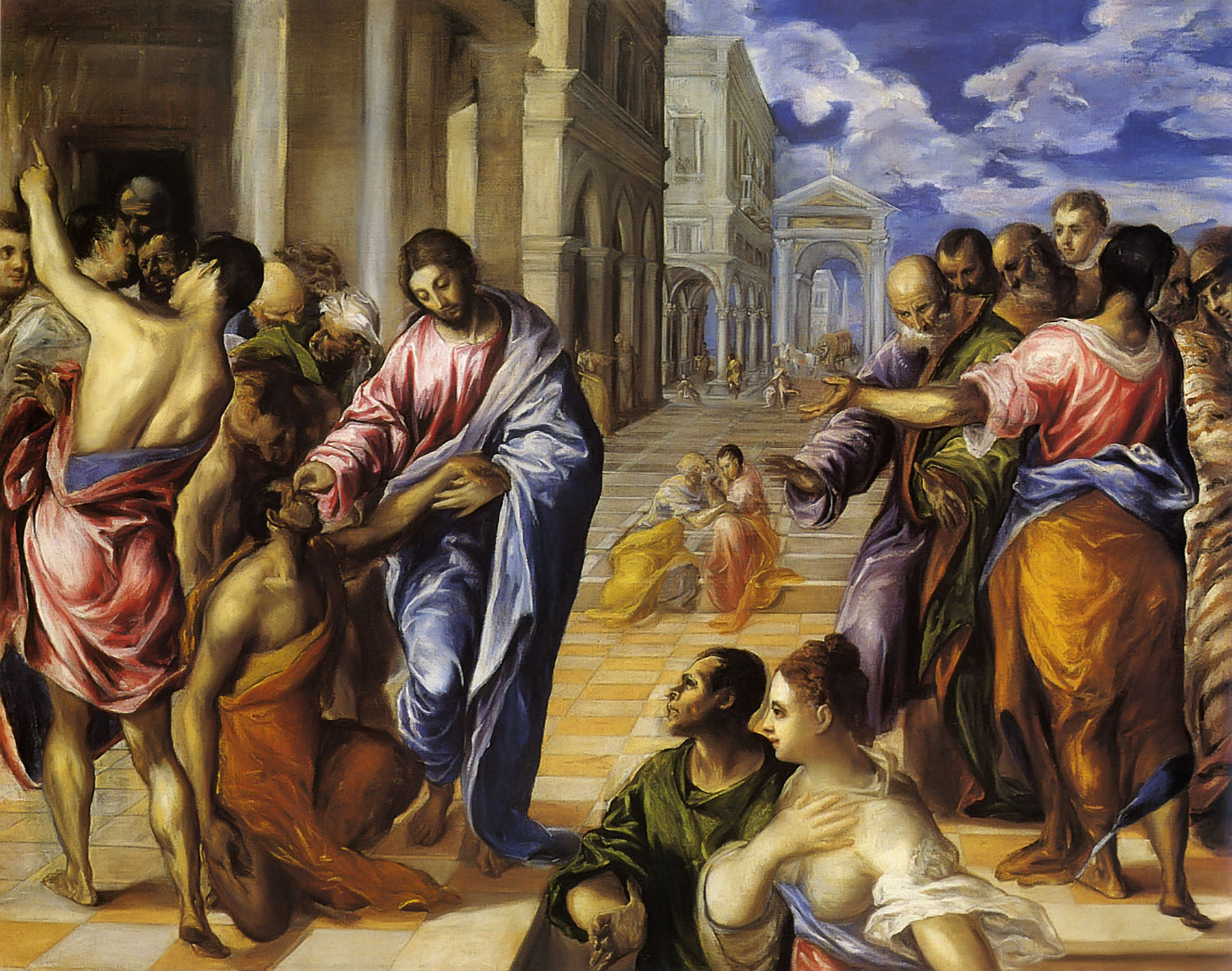
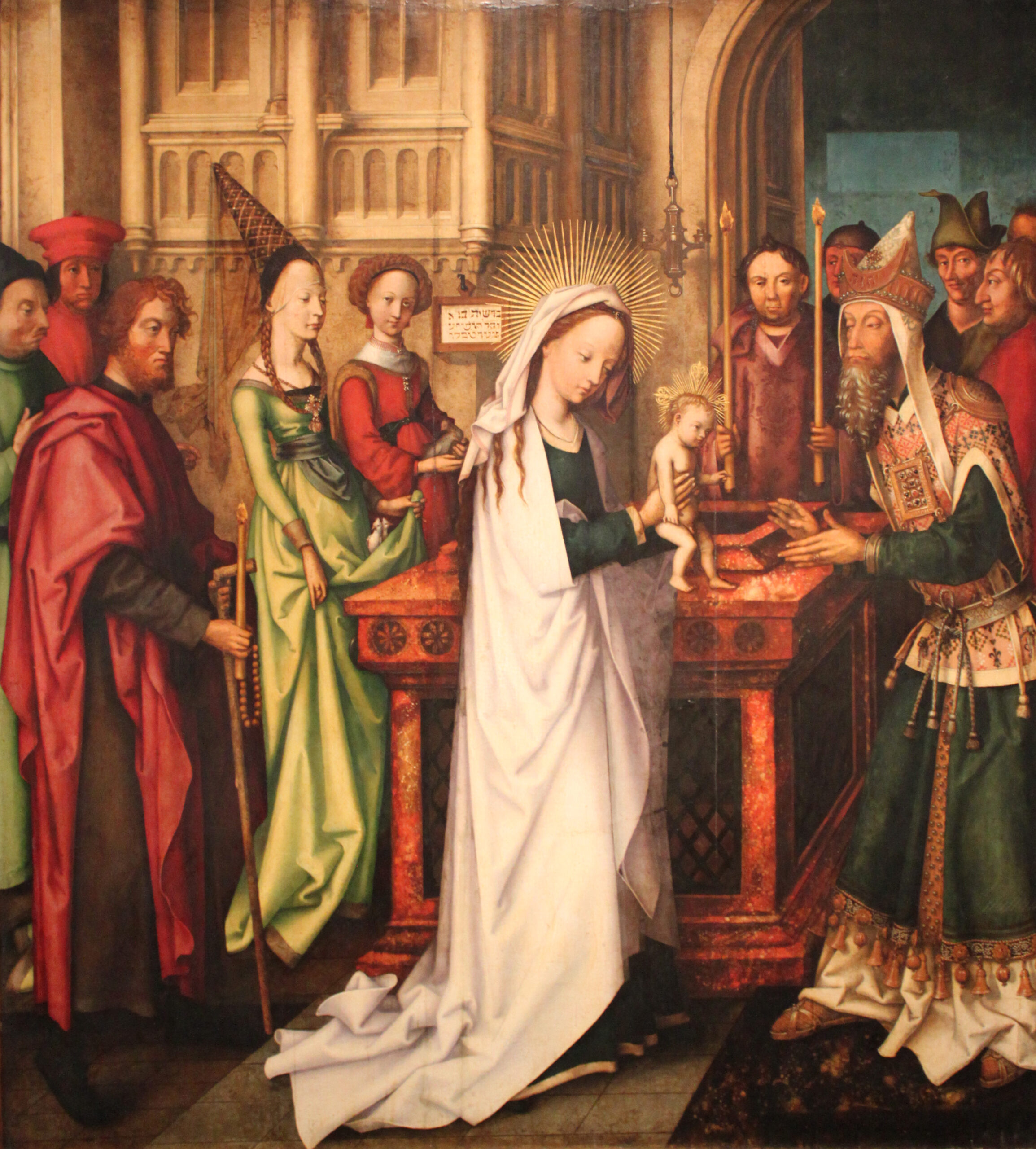
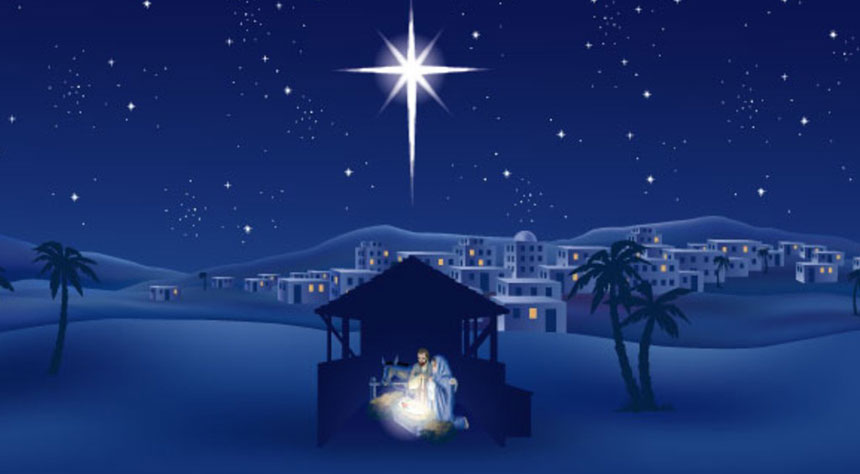
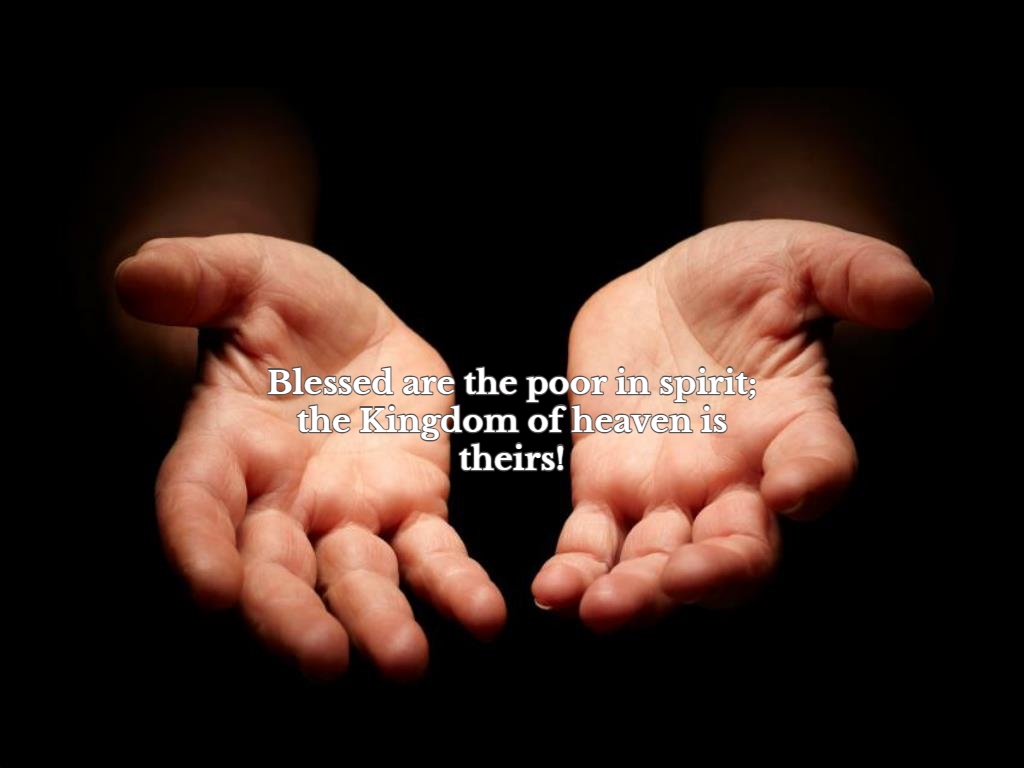
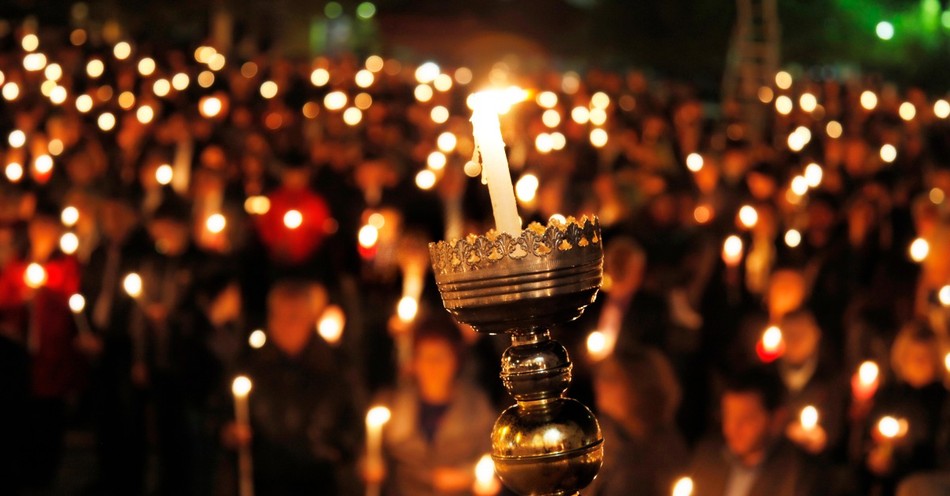
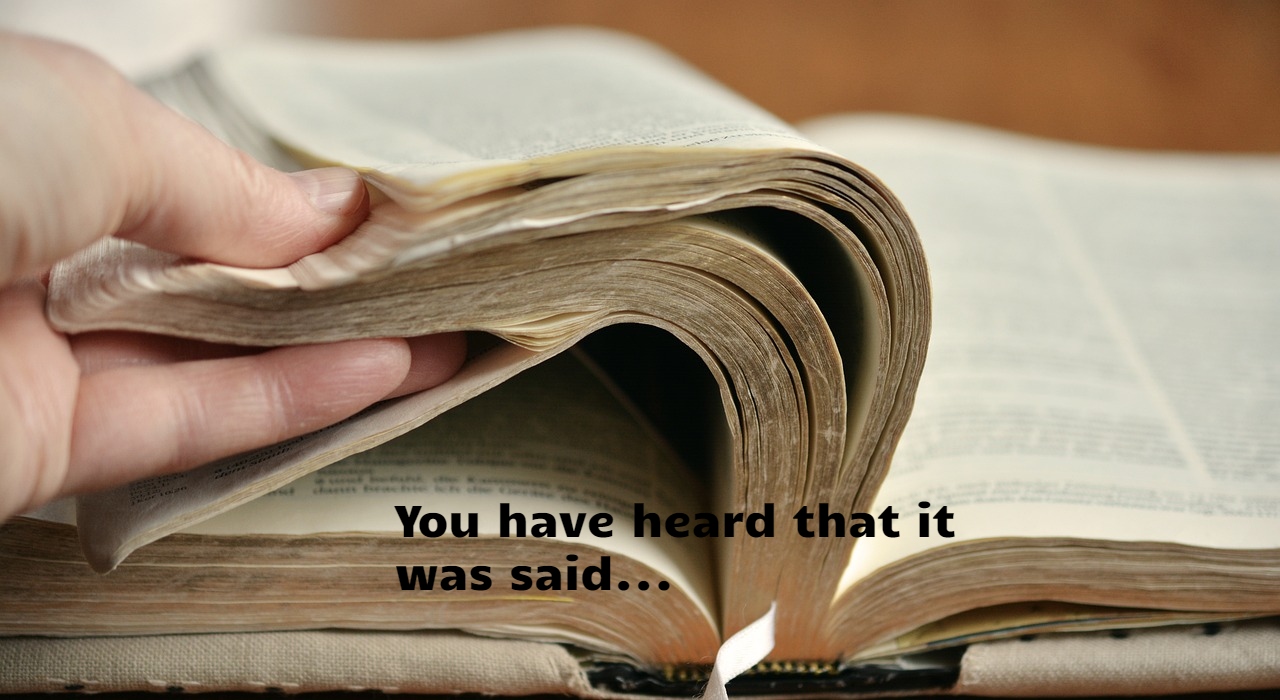
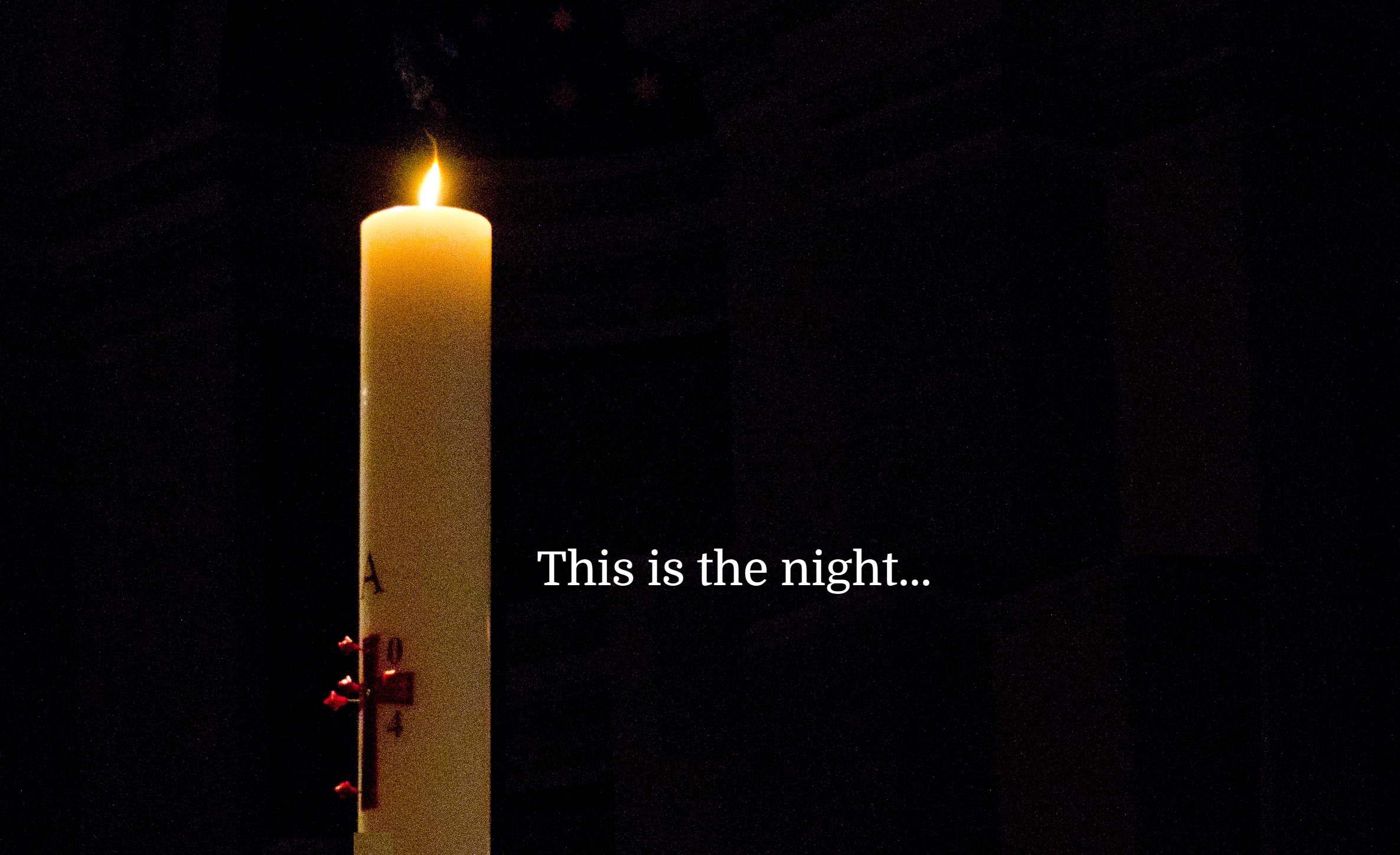
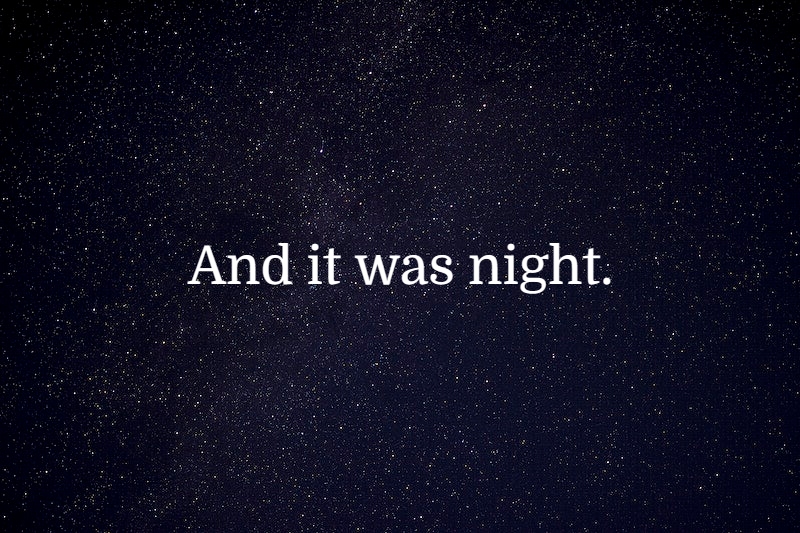
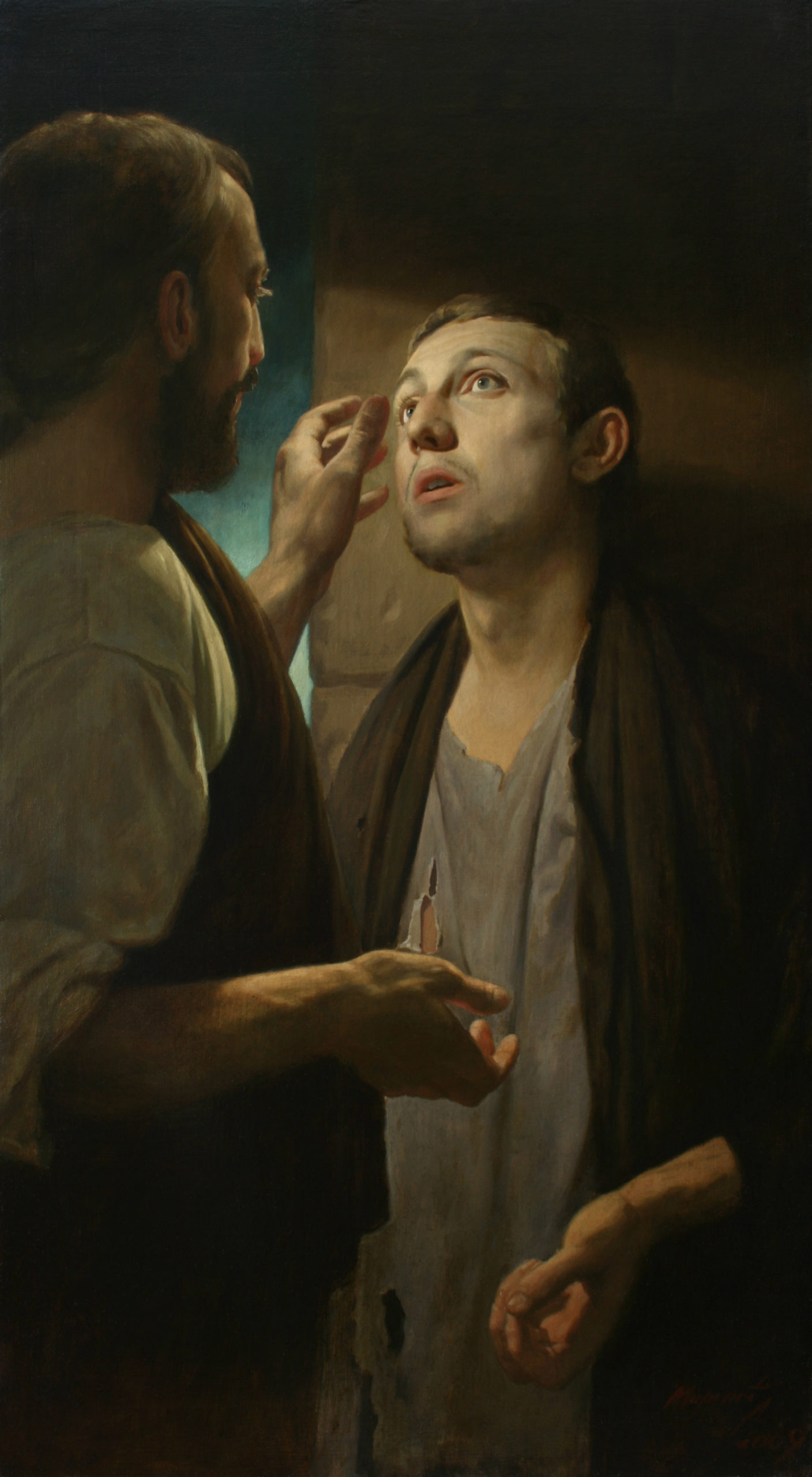
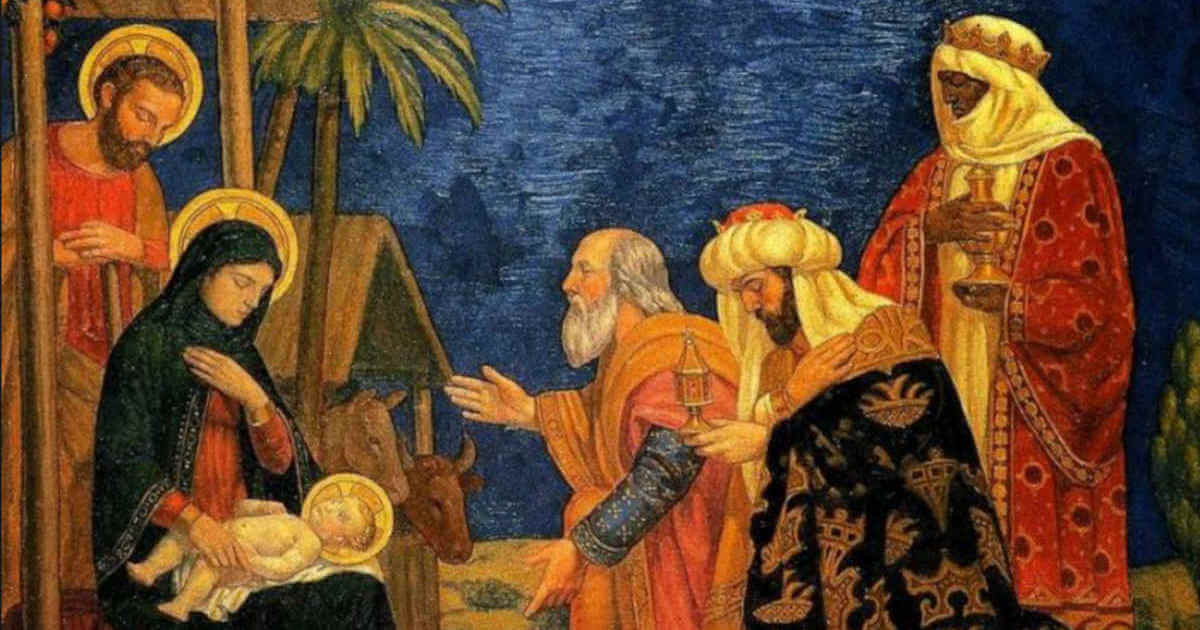
You must be logged in to post a comment.